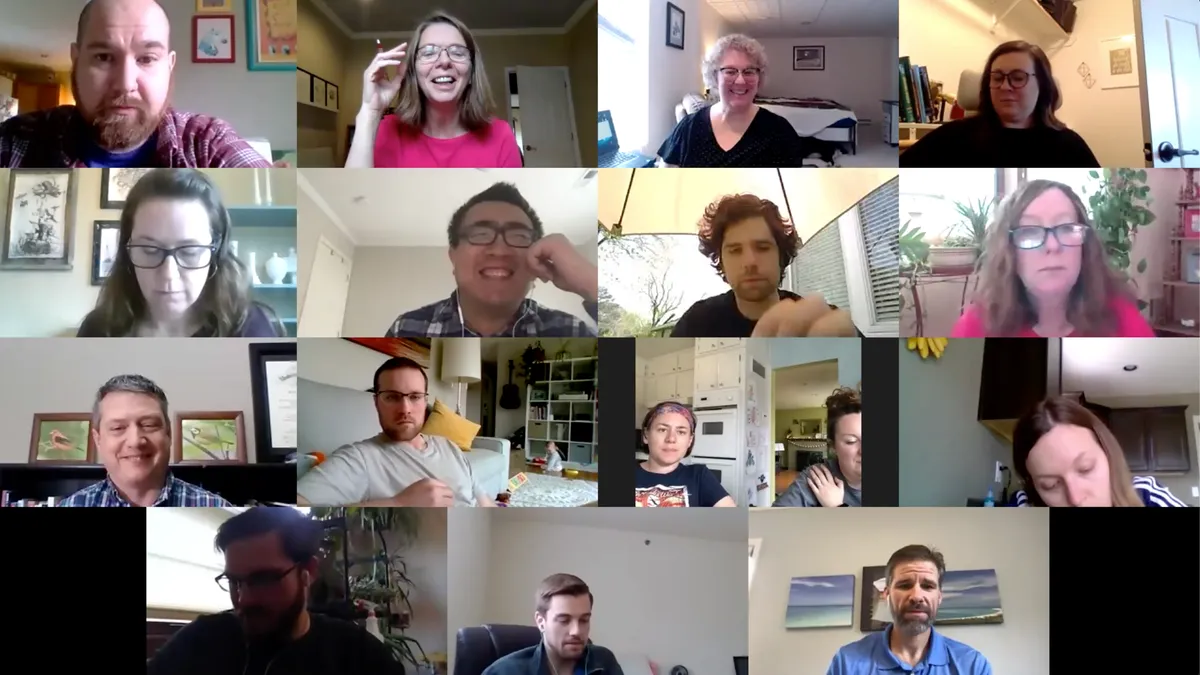Dive Brief:
- As the number of U.S. coronavirus deaths tops 250,000, school administrators are examining insurance policies to ensure they are covered in case someone contracts the virus at school. Typically, school districts have general liability insurance, which doesn’t cover communicable diseases like COVID-19, The 74 reports.
- To accommodate, some insurers are adding riders to policies for coronavirus coverage, but the price tag can be considerable. Districts in Arizona, for instance, are being charged an additional $5,000 to $150,000 based on size for coverage that will pay out up to $1 million per outbreak.
- Though teachers in many states are pushing back against districts’ plans to reopen for in-person learning, Richard Zuckerman, an attorney with Lamb & Barnosky LLP, a law firm that serves school districts throughout New York, cautions schools will face legal challenges regardless of what they do.
Dive Insight:
Many districts are finding themselves caught between a rock and a hard place while trying to educate students during a pandemic. Some community members are pushing back against school buildings remaining closed, while others resist when they reopen their doors. The problem leaves districts in a precarious liability situation.
One of school districts’ biggest exposures is workers’ comp, according to Lilian Vanvieldt, a senior vice president with insurance service Alliant. It hasn’t become an issue yet, since most schools kept teachers home in spring, but workers’ comp will come more into play when teachers return to school for in-person learning.
In an effort to keep all students and staff safe, and perhaps dodge liability issues later, districts that did open developed detailed health and safety checklists. In September, for example, New York City and the United Federation of Teachers agreed on a 55-item health and safety checklist, which includes a nurse in every school, socially distanced desks, mask and face shield availability and room-by-room ventilation checks. Though the district opened temporarily for in-person learning in late September and early October, students were sent home this week after the seven-day infection rate for the city surpassed a 3% threshold.
Legislation was also introduced last month in the state of New York that would protect schools from being liable for damages if someone contracts COVID-19, as long as the school was compliant with state reopening guidelines. Pennsylvania lawmakers are also considering similar legislation, and Ohio Gov. Mike DeWine signed the Good Samaritan Expansion Bill that makes individuals, schools, healthcare professionals and businesses immune from unforeseen liability arising from the pandemic. The immunity lasts through the end of next September.










